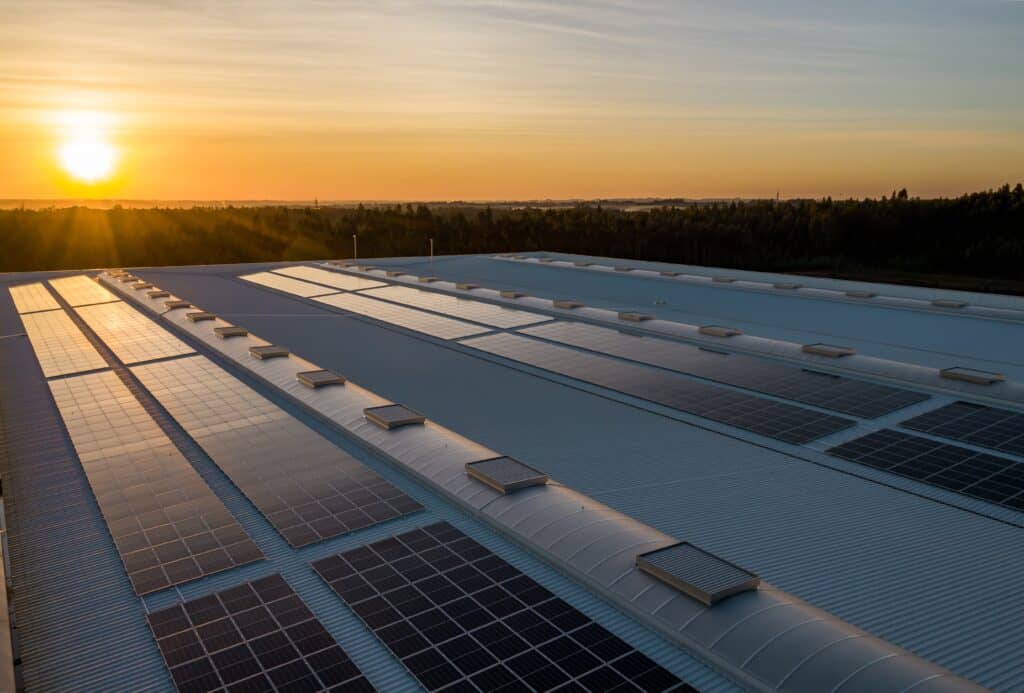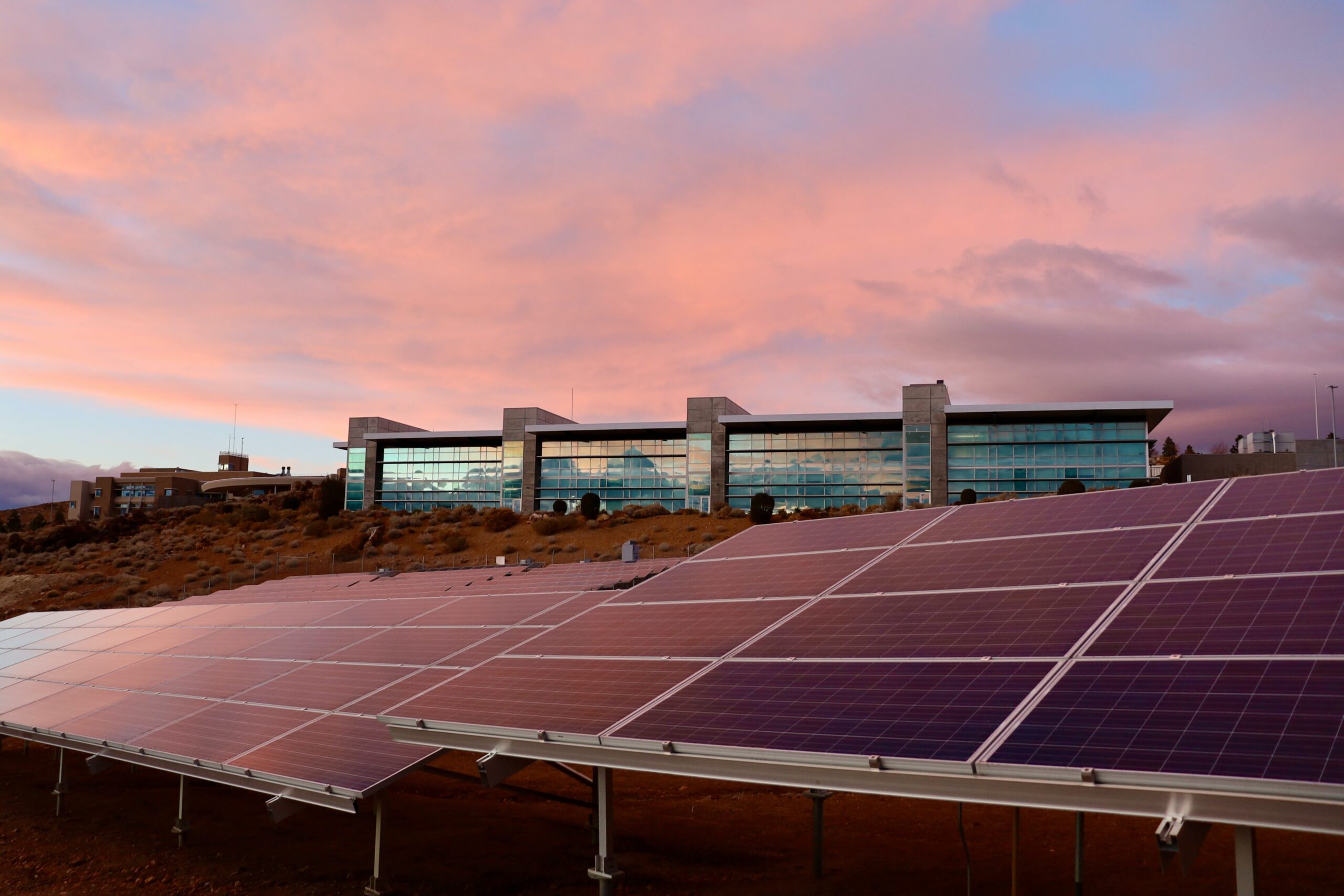How many times have you heard that something is the wave of the future? It’s an overused phrase that has been applied to flying cars, hair conditioner, and just about everything in between. Usually when someone tells you something is the wave of the future, that person is likely trying to sell you something you really don’t need or showing you an application of an impractical technology.
At certain points in history, however, visionaries have used the phrase correctly to describe something truly game changing. These visionaries are the people that were able to predict fundamental changes such as the rise of the internet, cellular phones, and personal computers.
How are the visionaries of the future able to identify things that seem so unlikely before they happen yet so obvious in retrospect? The answer to that question is a little different for every technology but I believe they recognize the confluence of a technology that solves a problem, is economical, and is easy to use.
I believe residential solar is the wave of the future and I will attempt to explain why, as concisely as possible, using the three criteria above. Before I begin, however, I must profess that I’m no visionary. Residential solar has reached a point in its lifecycle where the benefits are obvious. Millions of individuals around the world have already figured it out and thousands more in the United States are going solar every week.

Solar Solves a Problem
The world’s current energy situation has so many problems it’s hard to know where to start. These problems include negative environmental impact, geo-political conflict, and poor reliability, just to name a few. No matter the problem identified or the source of energy, residential solar is an improvement.
With respect to the environment, it’s almost impossible to beat residential solar. Residential solar doesn’t have the carbon impact or pollution of burning fossil fuels, the toxic wastes of nuclear power generation, the environmental impact of hydro generation, or the visual impact of wind power. The only output of solar is electricity. There’s no pollution, no risk of a spill, and no other environmental impact. Even better, sunshine is unlimited and free — but we’ll get to that later.
The political unrest caused by nations that have surplus energy resources and those that need energy – particularly fossil fuels – is another glaring problem with the current energy situation. Many wars have been fought over oil and that is just the beginning of the negative impacts oil has on our lives.
Contrast that with residential solar: the biggest battle anyone is likely to have over solar panels is with a local homeowners’ association overstepping its authority (What color did you say you wanted to paint your house?).
The last problem I want to address with our current energy situation is your complete reliance on the grid. With residential solar, you can be largely independent of the electricity grid and utility companies so you won’t have to worry about storms, floods, or fires limiting your access to power. If the sun is shining, a residential solar system is producing electricity.
Solar Saves You Money
Everyone wants to make a difference and improve the world; however, far fewer people are willing to do so if it costs them money. There was a time when residential solar was so expensive only a rare few could afford a system, but over the past several years, the cost of going solar has dropped dramatically.
The better news is that as more people go solar, costs will continue to decline. The decrease in cost is so predictable that it’s been quantified, commonly referred to as Swanson’s Law. There is no longer any doubt that you will save money over the life of your solar system, especially considering utility companies raise their rates every year.
With the question of savings out of the way, the issue becomes whether you can afford the upfront investment necessary to access those savings. Just as solar technology has evolved, financial technology has evolved so that just about everyone is able to finance a new solar system with zero out of pocket costs and payments so low they start saving immediately. And once again, because utility companies raise their rates every year, those savings grow over time.
Solar is Easy to Use
Economical solutions that solve a problem but are complicated will never gain full adoption. Fortunately, residential solar is easy to use…so easy in fact that you won’t have to change anything you’re doing. Once installed, electricity is generated whenever the sun shines and any excess power generated is sent to the grid. No dials, no switches, no levers, no hassles. It literally could not be easier.
Hopefully you’ve now realized how simple and intuitive the argument for residential solar is. Explaining why residential solar is the future isn’t difficult because residential solar isn’t the future. Residential solar is the solution and the time to go solar is now.

